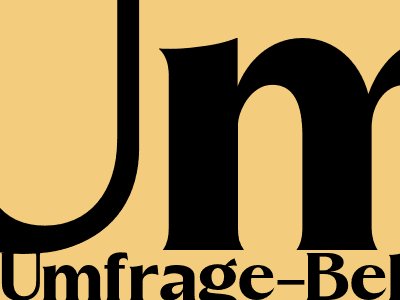
Poll Shocker in Hungary: Orban No Longer Leads
Hungary's Political Landscape in Flux
A recent poll in Hungary has sent shockwaves through the political establishment, with longtime leader Viktor Orban's party losing its lead for the first time in over a decade. The poll, conducted by the independent Republikon Institute, found that the opposition alliance, United for Hungary, now enjoys a narrow lead over Orban's ruling Fidesz party.
This is a significant development in Hungary, where Orban has dominated politics for many years. Orban, a nationalist and conservative leader, has been criticized for his authoritarian tendencies and his erosion of democratic institutions.
Challenges Facing Orban
Orban's Fidesz party has faced growing opposition in recent months due to rising inflation, corruption scandals, and Orban's increasingly autocratic rule. The opposition alliance, United for Hungary, has united a diverse group of parties, including liberals, socialists, and conservatives, in an effort to unseat Orban.
The poll results indicate that Hungarians are increasingly dissatisfied with Orban's government. If the opposition alliance can maintain its lead in the run-up to the next election in 2023, it could spell the end of Orban's long reign.
Implications for Hungary
The poll results have sent a clear message to Orban that he can no longer take his grip on power for granted. The opposition alliance is now breathing down his neck, and the next election could be a close one.
If Orban loses power, it would likely lead to significant changes in Hungary's political landscape. The opposition alliance has pledged to reverse some of Orban's most controversial policies, such as his crackdown on the media and his erosion of judicial independence.
International Impact
The political changes in Hungary could also have implications for the European Union. Orban has been a vocal critic of the EU, and his defeat would weaken the bloc's anti-EU camp.
Additionally, Orban's close ties to Russian President Vladimir Putin have raised concerns in the EU. If Orban loses power, it could lead to a more pro-European government in Hungary, which would be welcomed by the EU.
Conclusion
The poll results in Hungary have shaken the political landscape and set the stage for a potential change in government in 2023. The opposition alliance is now the frontrunner, and Orban faces a serious challenge to his long grip on power.
The outcome of the next election in Hungary will have significant implications for the country and for Europe as a whole.